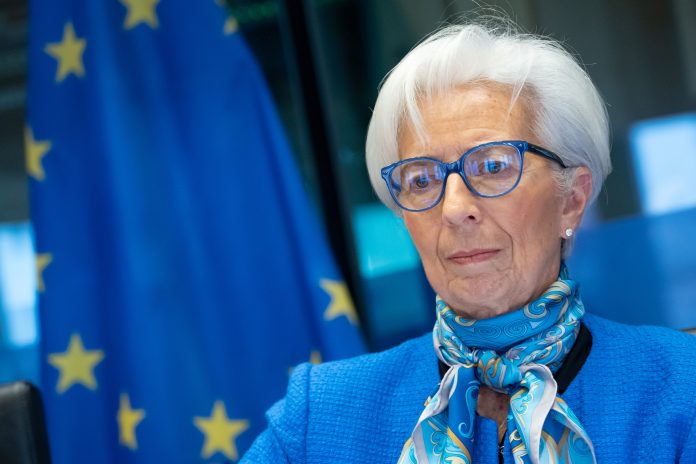MEPs on Monday quizzed Christine Lagarde against the backdrop of a charged atmosphere with concerns not only related to inflation but also about potential trouble in the banking sector.
During the meeting with Economic and Monetary affairs committee MEPs, the European Central Bank President, Christine Lagarde said the ECB stood ready to respond as necessary to preserve price stability and financial stability, while assuring that the Eurozone banking sector was resilient, with strong capital and liquidity positions. The ECB was also fully equipped to provide liquidity support if this became necessary, Ms Lagarde added.
MEPs focussed their questions on monetary policy tightening in light of the high inflation and the concerns surrounding the global banking sector as a result of problems encountered by Silicon Valley Bank and Credit Suisse. Some also asked whether the ECB’s monetary tightening to curb inflation risked accentuating the instability in the financial sector and if, as a result, whether monetary tightening could need to be put on hold temporarily. Ms Lagarde said that there was “no trade-off between price stability and financial stability”, arguing that the ECB had separate tools to deal with both.
Concerns were raised about the effects that inflation and trouble in the banking sector would have on the real economy, with MEPs asking for this dimension to be better considered. Others asked whether any new tools needed to be envisioned.
MEPs also asked what other actions should be envisaged other than reducing public expenditures to fight inflation, notably by taxing excessive profits or for the ECB to use other tools other than interest rates hikes. Concerns were also aired about the stubbornly disparate inflation rates between member states and that the ECB needed to do more to support Easter European countries.
Finally, MEPs also sought comment from Ms Lagarde on completing the banking union and capital markets union, and reviewing the EU’s economic governance rules.

